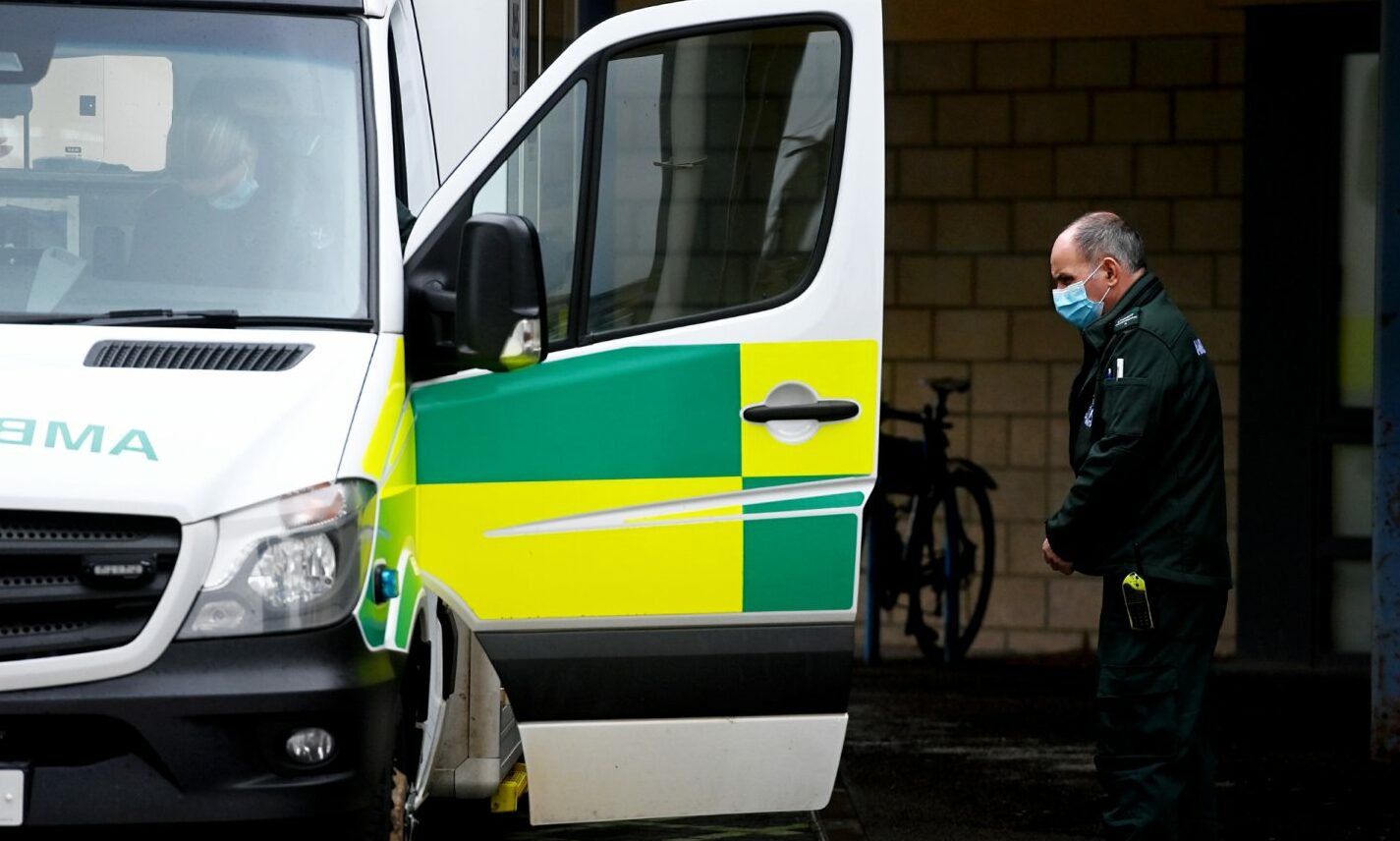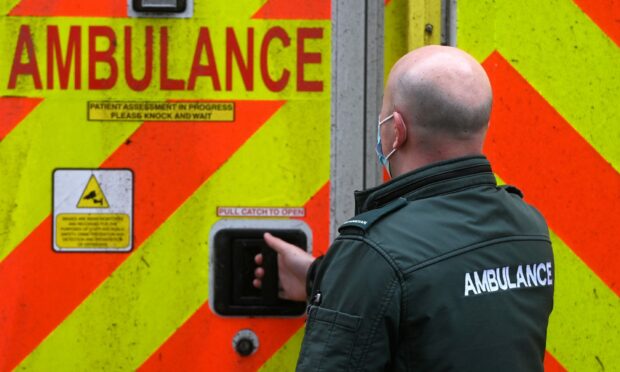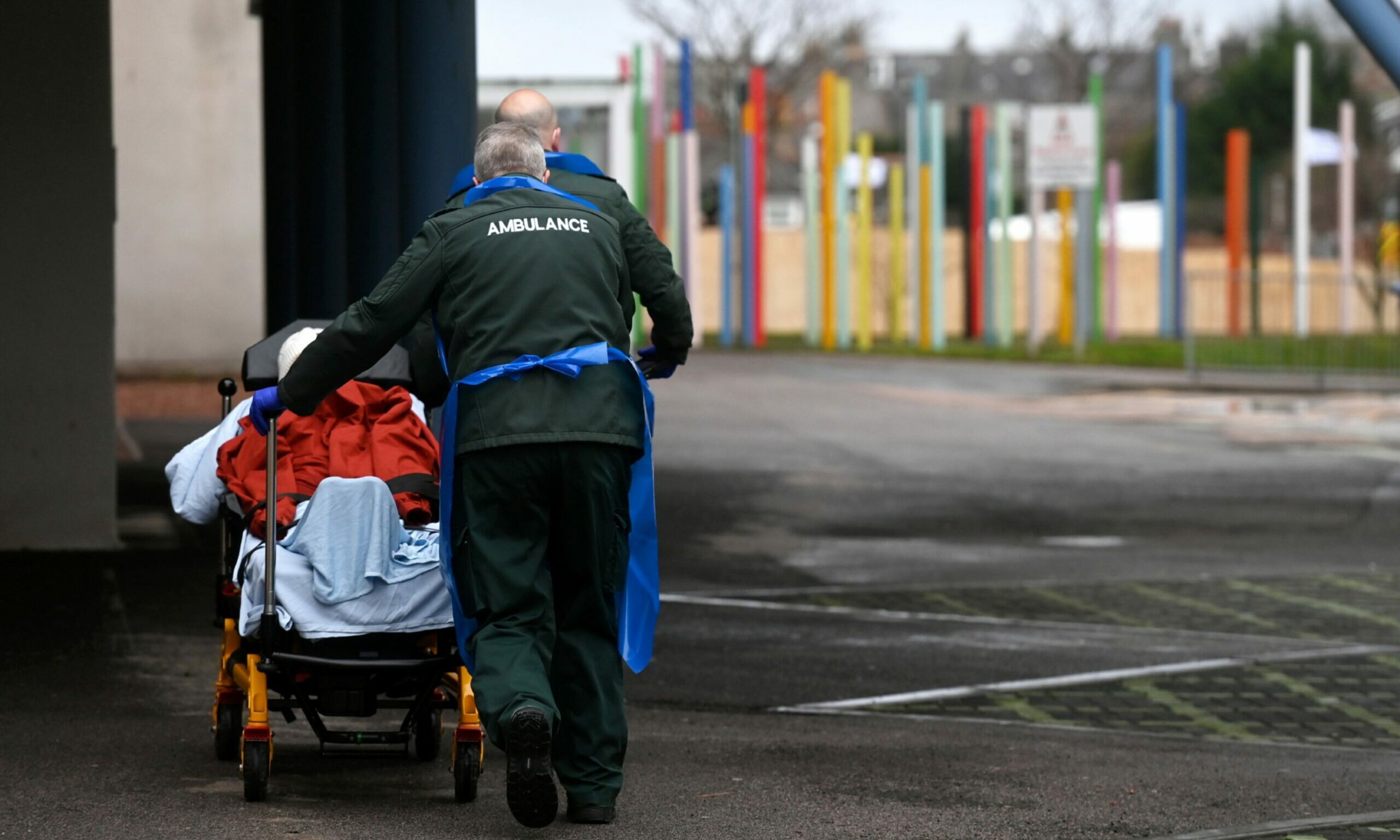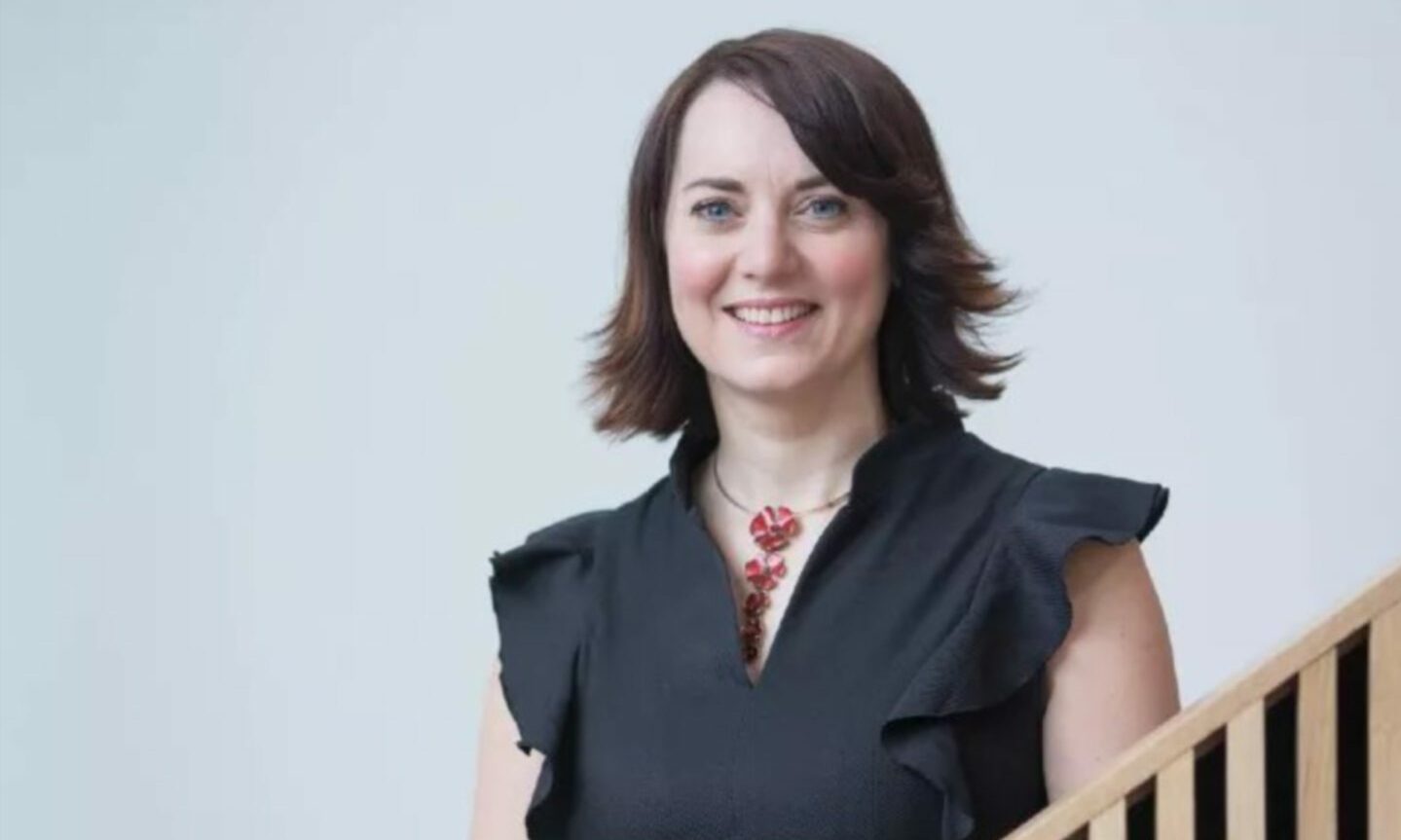Despite the closure of pubs and clubs last summer, Scotland’s paramedics were being called to just as many alcohol-fuelled incidents, a new study has found.
Crews initially received a reprieve from the “hostile scenes” of night-time city centres during the first months of Covid restrictions.
But as people switched to drinking more frequently at home, the number of booze-related call-outs climbed back up, almost to pre-pandemic levels.
Around one-sixth of all calls were linked to alcohol, and academics are suggesting more could be done to reduce this number and take the pressure off emergency medics.
Massive drop in boozy call-outs
Between March and June 2020, during the initial lockdown measures, there were fewer ambulance call-outs than the same period in 2019.
Alcohol-related incidents dropped by 23% overall – and 32% at weekends.

And the number of booze-fuelled call-outs on weekend nights almost halved, falling 49%.
However, researchers at Stirling University found these were instead becoming more spread out throughout the week, rather than concentrated on Friday and Saturday evenings.
Fewer assaults, falls and unconscious patients
Initially, when these numbers first “plummeted”, paramedics were able to focus on other calls that also required their attention.
In a new paper, published in Drug and Alcohol Review today, the researchers quote one paramedic who said there had been “nowhere near the same amount of public intoxication or mass intoxication.”
“There’s been much less in the way of assaults that involve alcohol, unconscious people outside that involve alcohol, falls that involve alcohol,” they added.
Another said: “It’s so nice to go to work on a Friday night knowing that you don’t have to go into pubs and clubs.
“It’s made a huge difference.”
‘Paramedics should not have to dread working a Friday night’
Alison Douglas, the chief executive of charity Alcohol Focus Scotland, said action must be taken – with the current impact of booze “unacceptable and unsustainable”.
“Paramedics should not have to dread working a Friday or a Saturday night shift,” she added.
“The increase in call-outs related to home drinking during the pandemic is concerning and reinforces previous findings that some of us, particularly heavier drinkers, have increased our drinking.
“With one-sixth of all call-outs being alcohol-related in 2020, we agree that further action needs to be taken to change Scotland’s unhealthy relationship with alcohol.”
Could we avoid post-Covid ‘mass intoxication’ chaos?
The findings have led academics to look further into the next steps that could be taken.
Study leader Professor Niamh Fitzgerald said: “[The paramedics’ views] give pause for thought about whether business recovery post-Covid has to mean a return to the ‘mass intoxication’ described.
“This is surely an opportunity for politicians and clinicians to show leadership in pushing for better alcohol policies that protect the NHS and frontline services.
“At a time when policymakers want to support the hospitality sector, but also wish to protect health services, there is an opportunity to put in place win-win policies that can do both.”
The research team has suggested a number of areas that could be explored in more detail, including restrictions on online sales of booze.
They have also flagged a possible increase in the minimum unit price of alcohol – currently 50p – to help people cut back on consumption without affecting the bottom lines of bars.
Earlier this year it was announced that alcohol sales in Scotland had fallen to their lowest rate since 1994, but are still ahead of England and Wales.
In 2019 alone, more than 1,000 Scots died from a cause wholly attributable to drink.


